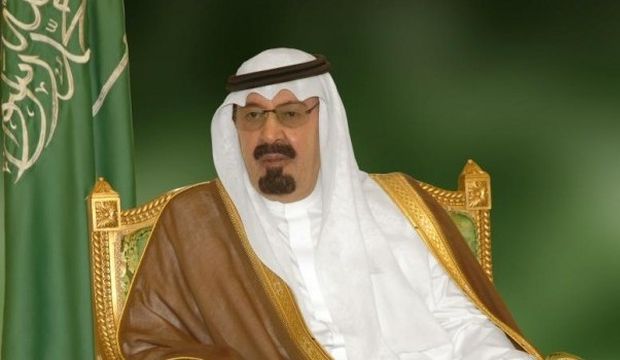It was as if the current fight against terror erupted out of nowhere, as if the entire world was stable and peaceful. When the Islamic State of Iraq and Syria (ISIS) began to wreak havoc, the world seemed to wake up from a beautiful dream to the harsh realities of ISIS’s war drums—and its proximity to the edges of Europe. Western leaders quickly scrambled to contain this imminent threat. They finally realized that terrorism cannot necessarily be contained to its current environs as they had previously believed, but that it can spread far from its birthplace. They finally realized this after assuming for years that the fires of terror would only burn the Middle East and would not reach Europe and the US, and only after a number of citizens of Western countries were exposed as extremists who were helping to fuel those fires of war. Unfortunately, these countries failed to notice what was staring them straight in the face. Now they are raising their voices in panic as if they have only just seen the danger.
US President Barack Obama says ISIS is no longer just a danger to Iraq and its people, but could also affect US interests, and that it is a cancer that must be removed. British Prime Minister David Cameron admits that ISIS could “target us on the streets of Britain.” French President François Hollande will soon hold a meeting to discuss the issue of security in Iraq and combating ISIS, and says that the global security situation today is at its worst since 2001. Clearly, the tough position that is suddenly being adopted by Western leaders is not an overreaction. The group is one among many terrorist organizations—one day it’s Al-Qaeda, another the Al-Nusra Front, and the next, ISIS. The “myth” of ISIS may well end soon, but who can guarantee we will not have more surprises in the future in the shape of another one of these groups, that appear to form with such ease?
For more than 10 years now the Custodian of the Two Holy Mosques, Saudi Arabia’s King Abdullah Bin Abdulaziz, has continued to speak out about the importance of collective action to combat terrorism. The King has lost all hope in the international community, as expressed in a recent speech, which also showed his feelings regarding the reaction to Saudi efforts to continue creating mechanisms for fighting this phenomenon. No one, before or since, has done more than King Abdullah to warn about the dangers of terrorism, especially when he warned that the continued silence over the phenomenon would result in a new generation who believed in violence. Will the world now finally heed the King’s warnings?
The West has long conflated Islam with terrorism. Many true Muslims have spent a long time attempting to convince Westerners that terror has no religion, that, moreover, it is Muslim countries—especially Saudi Arabia—that have suffered the most from the violence and destruction wrought by this phenomenon. And when they finally became—at least partially—convinced that there was nothing to link terrorism to Islam whatsoever, a new tune emerged, one that insinuated that it was Saudis—for example—who mainly provided these groups with their recruits. When you say to these people that Saudi Arabia has introduced laws criminalizing those citizens who fight abroad, they say the Kingdom must do more to prevent them from leaving in the first place. But then why don’t Western countries do more to prevent their own citizens from going to fight in Syria or Iraq? Because, based on a recent report published by this newspaper, there are currently 100 Americans fighting in Syria, 450 from Britain, 700 from France, and 270 from Germany. Responding to a question about why ISIS poses a great danger to the US and the West, CNN national security analyst Peter Bergen recently said one of the main dangers was the number of European fighters belonging to the group, who can be given military expertise and trained to carry out attacks and make explosives.
The Custodian of the Two Holy Mosques has said that those who shirked what he called their historic responsibility to combat terrorism for the sake of personal and short-term interests or suspicious schemes will end up being “the first casualties tomorrow, as if they did not benefit from the lessons of the recent past, from which no one was spared.”
But the problem here is that any steps the West—especially the United States—takes in attempting to combat terrorism always end up being short-term in outlook, as if they were merely acts of political expediency. Until now we have not seen a coherent strategy or sustained war against terror—a dangerous sign that the phenomenon will continue, becoming stronger and more “cancerous,” so long as the West’s policy in dealing with it relies on a politics of expediency and short-term goals. There is a big difference between pursuing a long-term strategy of relentless war against terrorism, and fighting a series of individual battles.

The large body of irrational believers is a ready made source of terrorists.
Promote reasoning and knowledge to defeat terrorism.